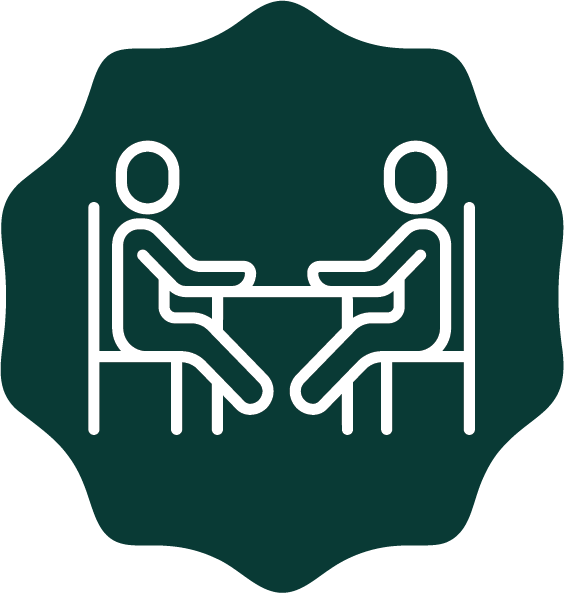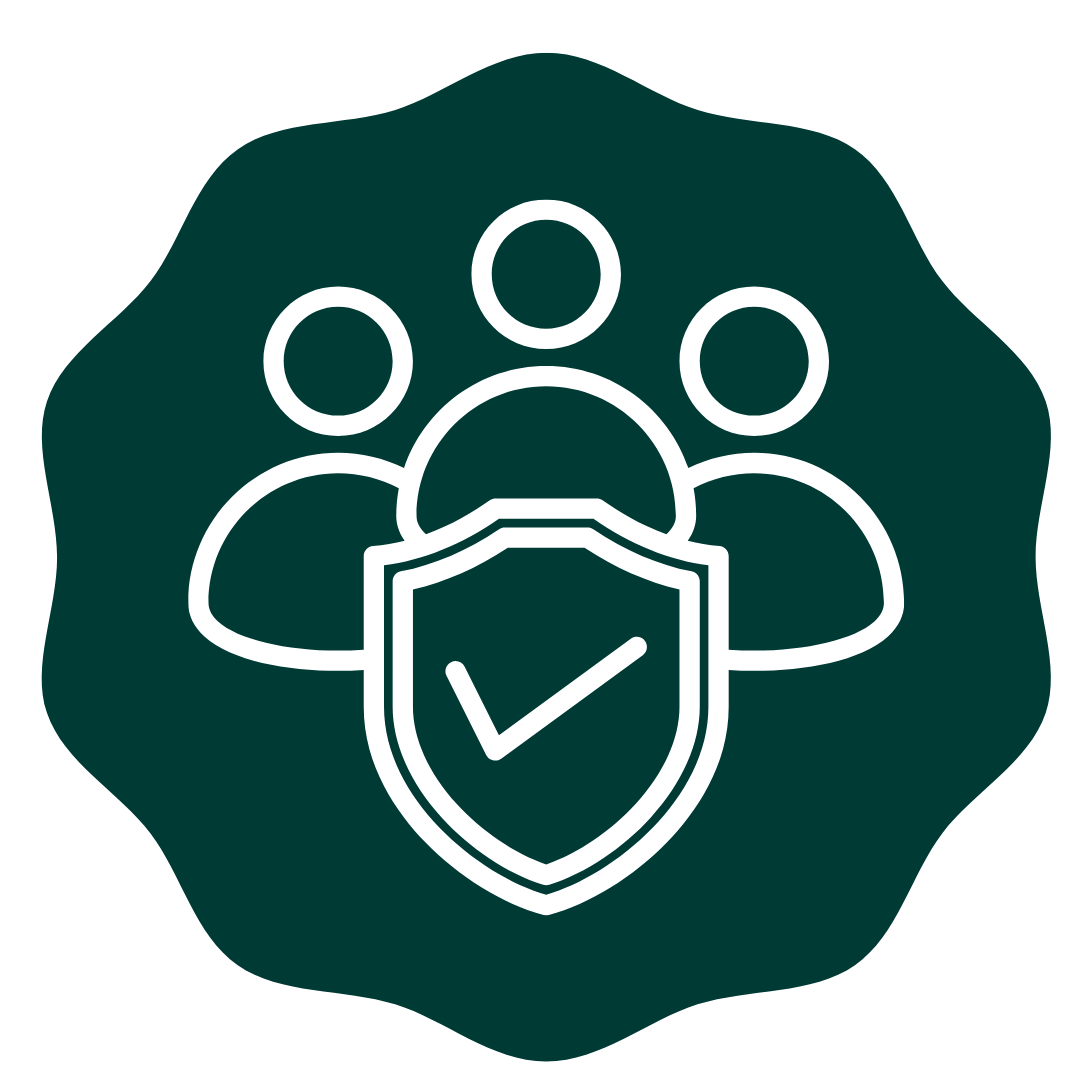Health Care Professionals

On this page, you will find information and a range of resources created especially to support mental health for health care professionals. You’ll also find actionable tips on building resiliency and well-being, plus ways for families to get involved.
Health care is a demanding, stressful field. From adjusting to unusual hours and extra shifts, to the trauma of losing patients — your job is not easy. Health care professionals are highly trained and accustomed to solving problems, healing others, and managing pressure. Yet no one is immune to the long-term effects of stress and trauma.
Some of the difficult cases you manage can stay with you, while others don’t, and this can sometimes seem illogical. You may also feel anger as a result of the senseless trauma that seems to be occurring with greater frequency. This can make it more difficult to respond to patients with empathy. These are indicators of moral injury, and the conflicting emotions can create added struggle.
You may question why you’re not always bothered by a patient outcome, or whether you’re experiencing a normal reaction to patient cases you respond to. It may help to know that trauma can create a variety of responses. Feelings of distress can be expressed in trouble sleeping, nightmares, feeling irritable, wanting to be alone, sudden emotions, or even physical pain or symptoms.
There are ways to effectively cope with the experiences you face and the emotional responses that health care professionals often feel as a result. You already know that it’s important to take care of yourself physically, and in order to serve safely and effectively. It’s just as important to take care of your mental health.
Caring for others requires that you also care for yourself.

Building Resilience
As a frontline health care professional, you are already accustomed to stress. While every patient case or emergency response may not noticeably affect you, daily stress can accumulate. Resiliency reduces the harmful effects of stress and trauma, acting as a buffer to help you maintain your well-being.
Learn More
Confidential and Professional Support
Sometimes it helps just having a peer to listen. Other times, having professional mental health support is essential. You can access these services without concern for your career, and they are staffed with culturally-competent professionals – people who understand your line of work.
Learn More
Family Support
Being a family member of a health care professional can be exceptionally challenging. You worry about their health and well-being, as well as how their challenging career impacts your family.
Learn More
Peer Support Resources
A trained peer — someone who also wears scrubs and knows exactly what you’re going through — can be an invaluable resource. They understand the daily challenges and frustrations of the profession and are able to lend support in tough times. Peer support offers you a shared perspective with a skilled response. You are not alone; your peers are ready to stand with you.
Learn More
Wellness Resources and Strategies
As a health care professional, you already know the importance of good nutrition, exercise, and doing your best to get quality sleep. These factors become more challenging when facing the negative impacts of shiftwork, which include a higher risk of substance use disorder, cardiovascular, and metabolic disease — all of which affect mental health.
Learn More
When to Reach Out
Sometimes it’s easy to recognize the signs that you need to talk to someone about how you’re doing. But it can also become routine to ignore the effects of stress and trauma as you continuously care for patients, fill extra shifts, and manage all the usual stressors day after day.
It’s essential to practice self-care and check in with yourself regularly. Be aware of how you’re feeling, especially after difficult shifts. Don’t let symptoms of trauma or stress reach a dangerous level.

Other Resources
Having information to use and share with others is important. Resources can be useful in different ways for everyone, so we encourage each individual to explore options and build a resource toolkit of your own.
Learn More